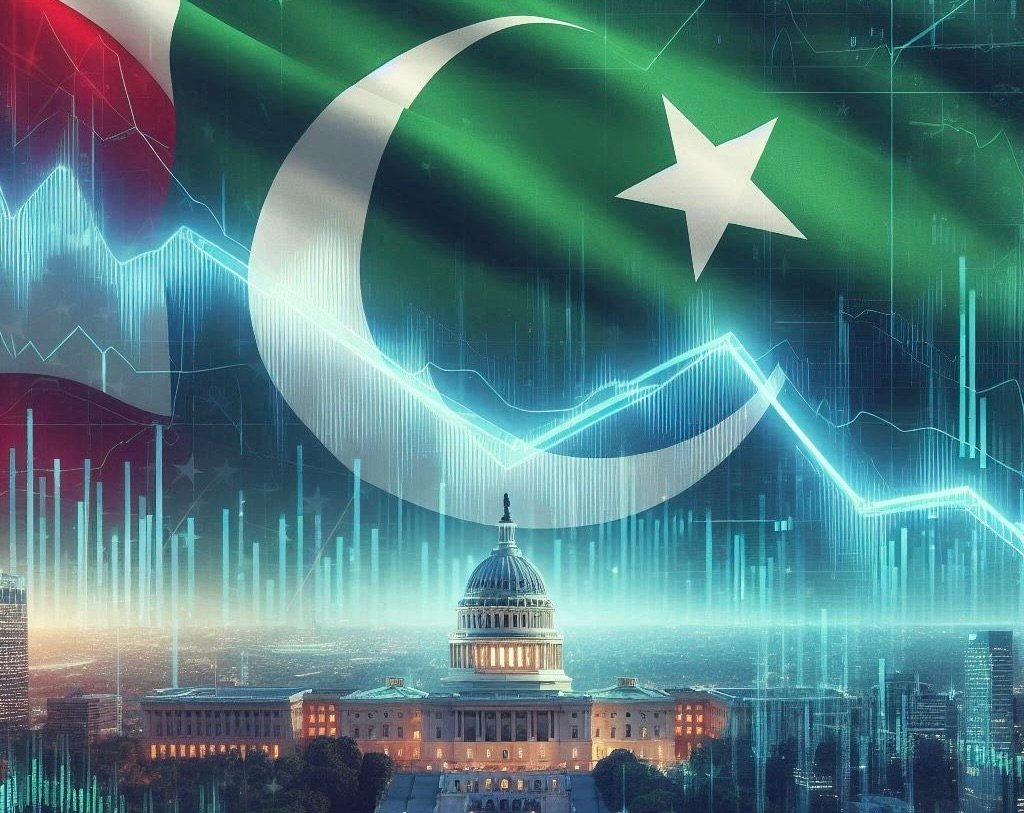Foreign Investment Wanes Amidst Economic Uncertainty
Islamabad, Pakistan – April 6, 2025 – Pakistan is facing significant hurdles in attracting foreign investment, despite offering high returns on treasury bills. Recent data from the State Bank of Pakistan reveals that between July 1, 2024, and March 14, 2025, inflows into T-bills barely exceeded outflows, leaving a negligible net balance of $42 million.
The withdrawal of nearly $1 billion by investors from the United Kingdom, the United Arab Emirates, and the United States signals a growing caution due to the country’s fragile political alliance, struggling economy, rising unemployment, and increasing incidents of terrorism. Pakistan’s external debt servicing jumps to $4.2 billion in Q2-FY25.
The government is actively seeking support from the International Monetary Fund (IMF) to manage external debt pressures, which amount to approximately $25 billion annually. Efforts are also underway to reschedule debt with China, the UAE, and Saudi Arabia. Pakistan Requests China to Reschedule Debt to Prevent Delays in $7 Billion IMF Program. However, tapping into international markets for commercial loans or floating bonds remains a challenge.
These tariffs, comprising a 10% baseline import duty and a 29% reciprocal tariff, are projected to significantly impact Pakistan’s textile sector, potentially leading to job losses and a wider trade deficit.
Financial analysts interpret the investment withdrawal as a strong indication of eroding investor confidence. Market experts attribute the decline in T-bill appeal to easing inflation, which has led to a decrease in interest rates. Despite recent optimism following the IMF’s decision to release another loan tranche, concerns persist due to sluggish exports and declining foreign exchange reserves.
Furthermore, new tariffs imposed by the United States on Pakistani products and services are expected to exacerbate the strain on the country’s external account. Trump’s import tariffs puts Pakistan at a regional disadvantage.
These tariffs, comprising a 10% baseline import duty and a 29% reciprocal tariff, are projected to significantly impact Pakistan’s textile sector, potentially leading to job losses and a wider trade deficit. Pakistan’s textile exports to be badly hit by new US 29% tariff.
Keywords
Pakistan, IMF, Investment, Economy, Tariffs, Pakistan Debt, China, USA, UAE, Saudi Arabia.




